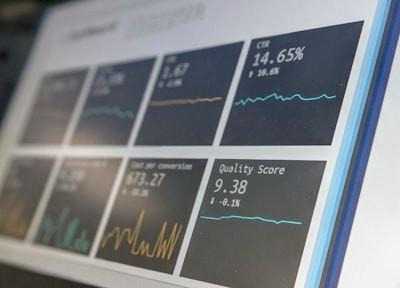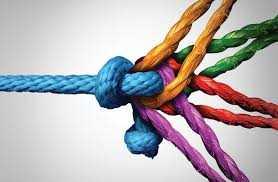How to Push Past Your Analysis Paralysis | Scott H Young
Curated from: scotthyoung.com
Ideas, facts & insights covering these topics:
6 ideas
·3.72K reads
12
Explore the World's Best Ideas
Join today and uncover 100+ curated journeys from 50+ topics. Unlock access to our mobile app with extensive features.
Analysis paralysis
It's a form of procrastination.
It happens when you convince yourself you can't go forward with a decision, because you haven't given it enough thought, done enough research or figured things out to get started.
499
988 reads
Why analysis paralysis happens
It has the same root cause as all forms of procrastination. It is caused by the desire to avoid something unpleasant: you don’t want to get started, so you start searching for excuses to justify avoiding the unpleasantness.
And there really are fears, uncertainties or doubts, which make doing more research an attractive excuse.
390
603 reads
Dealing with analysis paralysis
You have to manage 2 realities:
- Rationalization: Deal with your rationalization that you need more time to think, plan and research by preventing this excuse from working.
- Underlying fear: Even if you convince yourself that you are engaging in procrastination and your paralysis is unhelpful, that may not stop you from doing it. Now you need to figure out how to get past it.
354
538 reads
Overcoming Rational Excuses
Spending some time analyzing the possible options is good. But an indefinite amount of time is going to be bad.
The way to get past this is to set constraints. If you set these constraints in advance, then you can undermine the rational part of your mind from using them as a justification for further procrastination.
320
463 reads
Setting Constraints
- Set a decision deadline (for doing all the research and thinking) with a default (when the deadline passes, you’re stuck with the default).
- Start blindly, change later. Give yourself a default, and force yourself to work on it for a certain amount of time, before you can go back to research.
- Leave hard choices open-ended.
423
573 reads
Overcoming Emotional Resistance
You need to remove the anxiety and fear of doing the thing you’re avoiding. Then, you need to remove or invert the pleasant feeling you get from stalling:
- Give yourself small doses of the thing you’re scared of to diminish the fear it generates.
- Punish yourself for failure to act.
376
561 reads
IDEAS CURATED BY
Brian 's ideas are part of this journey:
Learn more about problemsolving with this collection
Conflict resolution
Motivating and inspiring others
Delegation
Related collections
Similar ideas
4 ideas
Should You Target the Minimum? | Scott H Young
scotthyoung.com
19 ideas
Set Yourself Started and Going
mikail-eliyah.medium.com
3 ideas
How to Know When to Quit | Scott H Young
scotthyoung.com
Read & Learn
20x Faster
without
deepstash
with
deepstash
with
deepstash
Personalized microlearning
—
100+ Learning Journeys
—
Access to 200,000+ ideas
—
Access to the mobile app
—
Unlimited idea saving
—
—
Unlimited history
—
—
Unlimited listening to ideas
—
—
Downloading & offline access
—
—
Supercharge your mind with one idea per day
Enter your email and spend 1 minute every day to learn something new.
I agree to receive email updates


